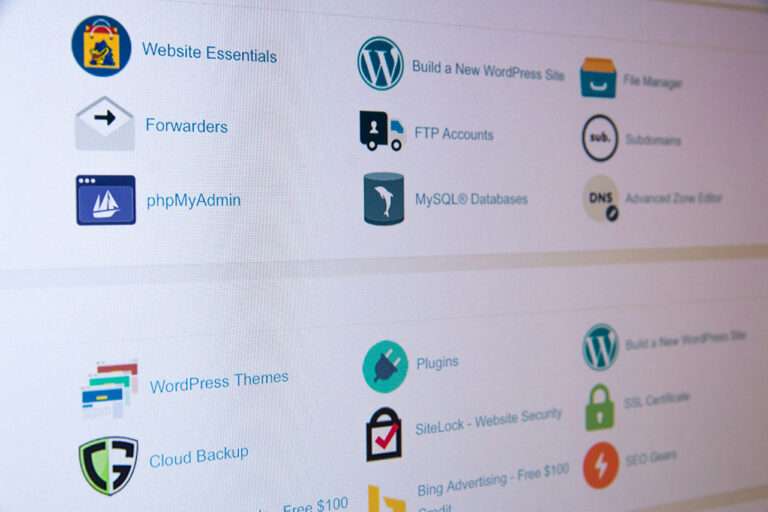When you go online you have certain expectations. You expect to be connected to whatever website you want when you want. You expect that your internet or phone company isn’t messing with the data and is connecting you to all websites, applications, and content that you choose. You expect to be in control of your internet experience.
When you use the internet you expect Net Neutrality.
Net Neutrality is the basic principle that stops Internet Service Providers from speeding up,
slowing down or blocking any content, applications or websites you want to use. Net Neutrality
is the way that the internet has always worked.
But in 2015, millions of activists pressured the Federal Communications Commission (FCC) to adopt historic Net Neutrality rules that keep the internet free and open — allowing you to share and access
information of your choosing without interference.
But right now this win is in jeopardy: Trump’s FCC Chairman, Ajit Pai, wants to destroy Net
Neutrality. And on May 18, the FCC voted to let Pai’s internet-killing plan move forward.
So what does this mean for us?
The Internet without Net Neutrality isn’t really the internet. Unlike the open Internet that we currently have, has paved the way for so much innovation and given a platform to people who have historically been shut out, it would become a closed-down network where internet and phone companies call the shots and decide which websites, content or applications succeed.
This would have an enormous impact. American Companies like AT&T, Comcast and Verizon would be able to decide who is heard and who isn’t. They’d be able to block websites or content they don’t like or applications that compete with their own offerings.
Lots of social networks, dating apps, and porn sites are joining a protest today against plans to roll
back rules protecting Net Neutrality. These sites and apps will display a variety of messages or try and stimulate the potential effects of losing the basic principle of all internet traffic being treated
equally.
Opponents to net neutrality say it ‘stifles innovation and discourages investment in telecoms infrastructure’. Among the companies protesting, the headliners include Google, Facebook, Amazon, Reddit, AirBnB, Twitter and Snapchat.
Promoting investment in infrastructure is the strongest of the anti-net neutrality arguments,
with major telecoms companies arguing that the Google’s and Facebook’s of the world would not
be able to run were it not for the high-speed internet connections offered by internet service providers.
“Internet service providers could create special fast lanes for content providers willing to pay more,”
said Corey Price, vice president of PornHub. And he’s exactly right. Large companies would then have to pay more for its users to go on their sites and to get a speedy connection.
Campaigners have countered this by suggesting it is the lure of enticing premium services like
Netflix that tempt users into paying more for better internet access.
“It stops large companies, like internet service providers, from controlling who wins or loses on the
internet. There’d be nothing to stop your ISP stopping the next Facebook, the next Google,
from accessing customer’s equally.
What can we do now?
Chairman Pai wants to replace the agency’s strong rules with “voluntary†conditions that no ISP would ever comply with. Pai unveiled his plan in a closed-door meeting with industry lobbyists in April 2017 and officially kicked off a proceeding on May 18, 2017, when the FCC voted along party lines to move this proposal forward.
The Trump administration is doing everything in its power to clamp down on dissent. If we lose Net Neutrality, it will have succeeded.
Millions have already taken a stand to defend our rights to connect and communicate by signing online petittions. But we will see how this unravels in the coming days…


